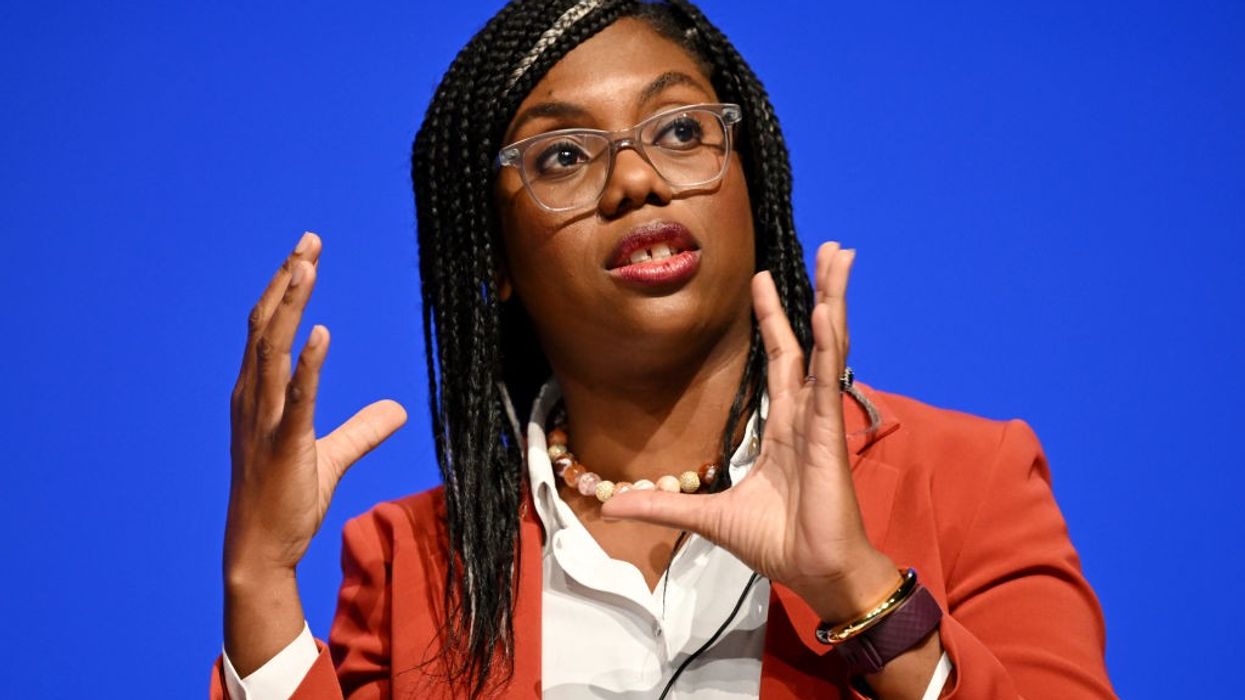BRITAIN will discuss temporary business visas as part of Free Trade Agreement talks with India but any deal will not contain broader immigration commitments or access to Britain's labour market for Indian workers, trade secretary Kemi Badenoch said.
Britain launched trade talks with India in January last year, and prime minister Rishi Sunak has stressed that he won't sacrifice quality for speed in negotiations.
Last year, home secretary Suella Braverman sparked a row with comments about the possible impact of Indian migrants in trade talks, citing concern both with any "open borders migration policy with India" and those who overstay visas.
Badenoch set out Britain's stance in response to a question about how government ensures it "speaks with a single voice on migration and mobility in relation to a UK-India trade agreement," and avoids "disruptive political off-stage noises."
"An FTA with India will not contain commitments on immigration or provide access to the UK domestic labour market," Badenoch said in a written response to lawmakers published on Thursday (29).
"There will also be no agreement to anything which undermines the principles or functioning of the UK's points-based immigration system, or which undermines the UK's ability to control its own border."
She added that the negotiations would discuss business mobility, "which would make it easier for highly skilled professionals to deliver services in each other's markets on a short-term and temporary basis."
Negotiators were also exploring provisions to facilitate the mutual recognition of professional qualifications where it might be possible with regulators, she said.
Badenoch has previously warned that the deal may not have everything that the services sector would want.
She did not make reference to when negotiations, which have not made quick progress this year, would conclude by, saying she would update lawmakers "in due course" on the talks.
(Reuters)
No commitments on immigration in trade talks with India: UK
FTA discussions contain temporary business visas: Kemi Badenoch




